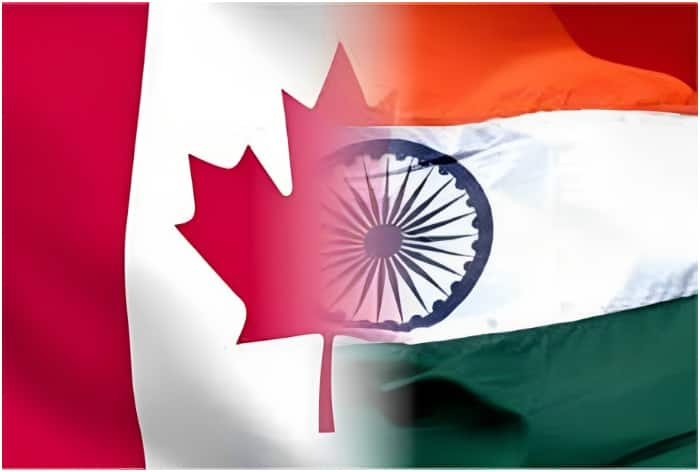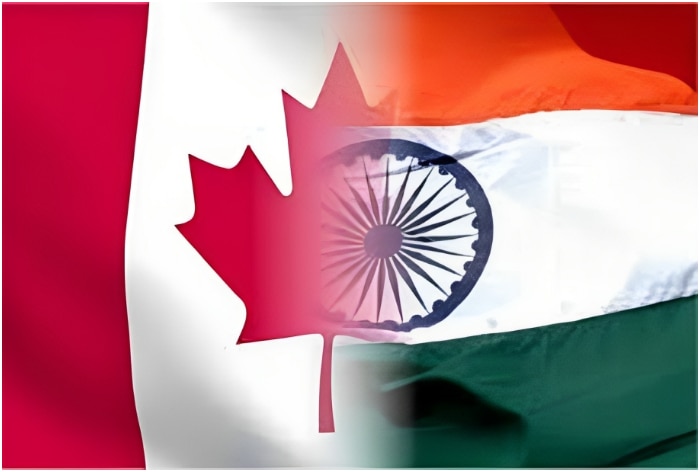In October 2023, Canada was forced to pull 41 diplomats, or two-thirds of its staff, out of India on orders from New Delhi. In addition, the dispute has prompted Indian students to seek to study in other countries.

New Delhi: There has been a notable decrease in the number of Indian students applying for study permits in Canada. This decline is believed to be a result of a diplomatic dispute between India and Canada regarding the assassination of a Khalistani terrorist Hardeep Singh Nijjar on Canadian soil, as reported by Reuters. Data from the official reveals an 86 percent decrease in study permits issued to Indian students during the fourth quarter of 2023. In comparison to the previous figure of 108,940 students, only 14,910 students were granted study permits towards the end of last year. The significant reduction highlights the impact that this dispute has had on Indian students’ interest in studying in Canada.
During an interview, Immigration Minister Marc Miller stated that the issuance of study permits for Indians is expected to remain low due to ongoing tensions. He further explained that the strained relationship with India has significantly impeded “our capacity to process a large number of applications from Indian students. These circumstances have had a negative impact on the flow of student visa approvals.”
In October 2023, Canada was forced to pull 41 diplomats, or two-thirds of its staff, out of India on orders from New Delhi. In addition, the dispute has prompted Indian students to seek to study in other countries.
Counselor for the High Commission of India in Ottawa, C Gurus Ubramanian said that several Indian students are now looking at other options besides Canada because of concerns regarding a “lack of residential and adequate teaching facilities” at some Canadian universities, the news agency reported.
The reduction in the overall number of international students entering the country also comes as a response to an ongoing housing shortage. “Right now we have a challenge with the sheer volume” of students coming in, Miller said. “It’s just gotten out of control and needs to be reduced significantly over a short period,” he added.
The Canadian government also plans to put a possible cap on the number of international students getting study permits during the first half of this year. The government has already put plans to curb the number of off-campus work hours for international students. The food service and retail industries, however, fear this could lead to labor shortages.
Recently, Canadian Prime Minister Justin Trudeau made claims implicating Indian agents in the murder case of Khalistani terrorist Hardeep Singh Nijjar in British Columbia. This incident resulted in heightened diplomatic tensions between Canada and India. It is important to note that India denied any involvement in the event. To date, no charges have been laid by Canadian authorities in relation to this crime.
The current state of affairs has caused considerable challenges in managing immigration matters concerning Indian applicants, resulting in a decrease in the number of study permits issued from this region.
Canada is a popular destination for international students since it is relatively easy to obtain work permits after finishing courses. Indians formed the largest group of international students in Canada in 2022 with more than 41 per cent or 225,835 of all permits going to them in that year. International students are a cash cow for Canadian universities as they bring in about C$22 billion ($16.4 billion) annually and slowdown will be a blow to the institutions.

